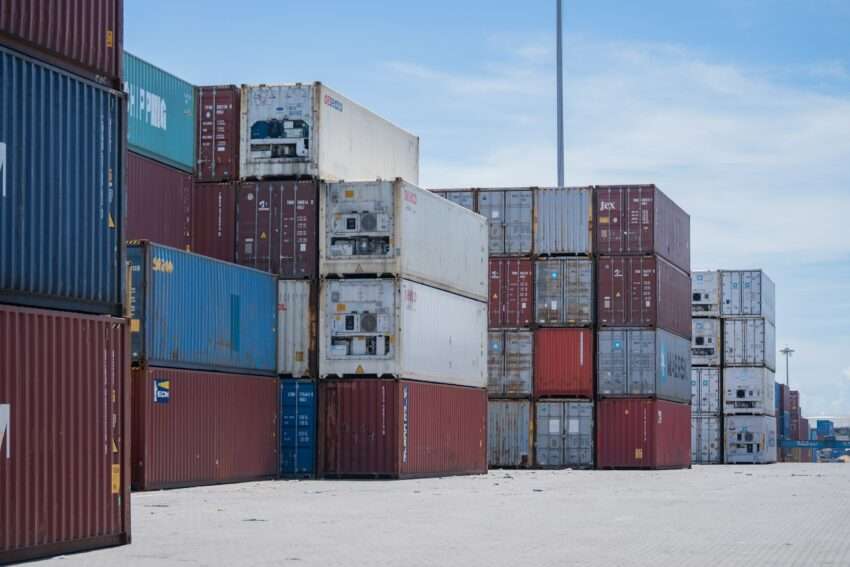The China tariffs economic impact may be stirring volatility on Wall Street, but California economists and business leaders say the move could generate new openings for domestic producers and local industries. The tariffs, announced last week by President Trump, are prompting companies to rethink supply chains and strengthen U.S.-based manufacturing.
Tariff Announcement Reshapes Global Outlook
President Trump confirmed that new duties on Chinese imports—some reaching as high as 100 percent—will take effect on November 1, 2025. The decision comes in response to China’s export controls on rare earth minerals, a key component in electronics, clean energy, and defense manufacturing.
The initial market reaction was sharp, with the S&P 500 and Nasdaq seeing their steepest single-day drops since April. Yet analysts note that the broader economy remains stable, and the China tariffs economic impact may ultimately favor regions like California that host a mix of tech, logistics, and advanced manufacturing sectors.
Local Manufacturing Could See Gains
Across the San Gabriel Valley and greater Los Angeles area, business leaders say the tariffs could give U.S.-based producers a competitive advantage. With import costs rising, firms specializing in technology components, precision tools, and renewable energy equipment may see increased demand.
“The tariffs could jump-start local production,” said a representative from the California Manufacturers & Technology Association. “Companies that already invested in automation and skilled labor can benefit from a stronger domestic market.”
California remains one of the nation’s largest manufacturing centers, and its network of ports, transportation infrastructure, and innovation hubs positions it to adapt quickly as global trade patterns shift.
Financial Markets Adjust to Policy Change
Though the stock market initially fell, bonds rallied following the announcement. The 10-year Treasury yield dropped nearly nine basis points, while the average 30-year fixed mortgage rate fell six basis points, according to Mortgage News Daily.
Lower yields could benefit businesses seeking to expand or modernize facilities. Economists suggest that, if borrowing rates remain low, small and mid-sized firms will find it easier to finance new investments despite global trade uncertainty.
Resilience Amid Global Tensions
China’s government vowed to respond to the new tariffs but emphasized its desire to avoid a prolonged trade war. Meanwhile, U.S. firms are evaluating supply chains and exploring alternative sourcing from allied nations, such as Japan, South Korea, and Mexico.
For California, these shifts could encourage investment in new technologies, logistics solutions, and regional manufacturing partnerships. Economists note that periods of global realignment often fuel local innovation and entrepreneurship.
“Economic transitions can strengthen domestic competitiveness,” said a Los Angeles-based trade economist. “The current adjustment could reinforce California’s role as a national leader in advanced manufacturing and clean energy production.”
Looking Ahead
As markets continue to absorb the effects of the new trade policy, the China tariffs economic impact will likely shape investment and production trends well into 2026. While volatility is expected in the near term, many California business groups remain optimistic that innovation and infrastructure investment will drive long-term growth.
For ongoing analysis and statewide economic updates, visit the California Association of Realtors’ market trends section at www.car.org.


